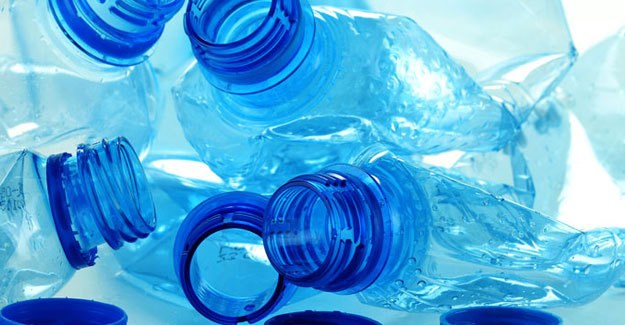
Primary Industry Opposes Recyclers Proposal Of Waste PET Bottle Imports
Amid fear of a proportionate decline in demand and eventual price fall, primary producers of purified terephthalic acid (PTA) and mono-ethylene glycol (MEG) in India have protested the plastics recyclers’ move to allow the import of polyethylene terephthalate (PET) bottles waste from developed countries. Currently, the government has kept PET bottle waste in the ‘restricted’ category, and hence their import is not allowed. But, in 2021 a group of seven leading recycling companies in India had applied to the government seeking an amendment to the government norms and change its status from ‘prohibited’ to ‘restricted’ category. Under the ‘restricted’ category, imports will be allowed with a rider that the government may impose certain restrictions while allowing PET bottles import. To this effect, the DGFT convened a meeting of various Indian stakeholders including the Ministry of Environment, Forest & Climate Change, applicants, primary producers, recyclers, trade associations, and the non-governmental organisation (NGO) on March 30, 2022; and sought their opinion before taking a final decision on this issue. The DGFT invited representations from the Ministry of Environment, Forest & Climate Change, applicants who sought import, the Plastics Export Promotion Council (Plexconcil), Pandit Deendayal Upadhyay Smriti Manch (PDUSM), among others. In the virtual meeting, the recyclers argued that they have invested capital worth crores in setting up recycling plants, taken the pre-requisite environment clearances, and all other statutory approvals. If they don’t get adequate raw materials i.e. used PET bottles, then they will have to shut down their plants, render thousands of employees jobless and leave plants and machinery worth crores, defunct. Several recycling units have also borrowed working capital from various financial institutions. The proposal was supported by Plexconcil, a body under the Ministry of Commerce and Industry, representing exporters of plastics products including value-added PET bottles. Participants said that the primary producers protested the move by arguing a proportionate decline in demand for PTA and MEG, the primary raw materials for manufacturing PET bottles, which eventually will lead to a decline in their prices in the local markets. Vinod Shukla, President of PDUSM, said, “There is no shortage of PET waste in India. As per the industry data, more than 1.4 million tonnes of PET plastic are consumed annually in India, and even with a global highest 80% recycling rate, approximately 0.28 million tonnes of plastic bottles waste never gets collected. While the whole world is banning such imports to strengthen local plastic waste management, India would have been the first country to re-allow the import of plastic waste. Our main aim is to increase the collection of local waste. Our country’s waste must be recycled first, before importing waste from other countries to make textiles/recycled products.” If the key stakeholders collaborate and source 93,000 tonnes of locally produced PET waste by the end of 2022-23 under the Extended Producers Responsibility (EPR) framework, it would safeguard India against the perils of importing plastic waste, provide required raw material locally for the importers to run their businesses and create the opportunity to collect every last bottle of waste generated in India. A significant achievement to preserve the environment. The DGFT’s final decision is awaited.
Textile Excellence
If you wish to Subscribe to Textile Excellence Print Edition, kindly fill in the below form and we shall get back to you with details.












